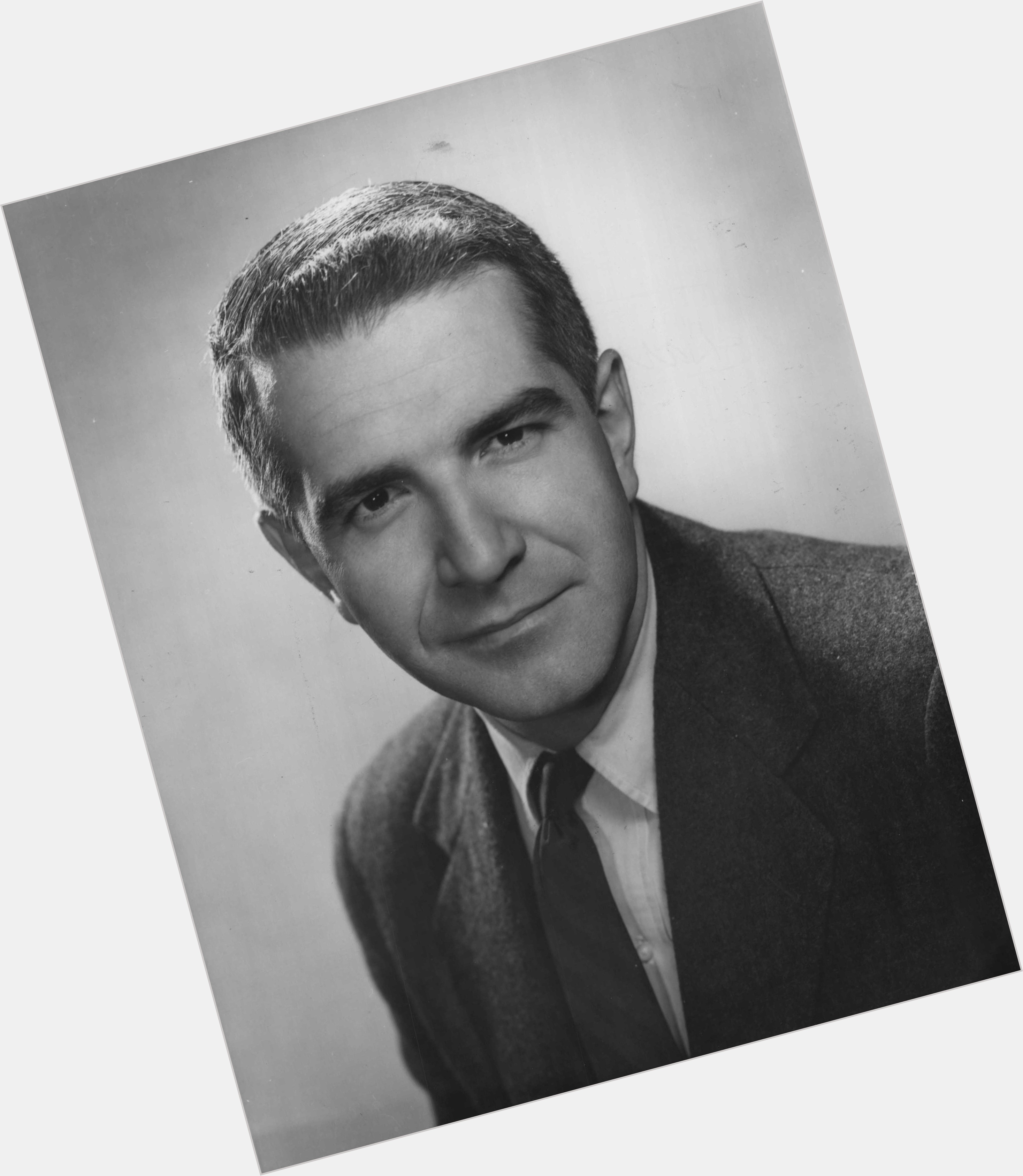

These aren’t just overpriced items that add a little value. The deeper problem is they won’t remove the mechanical or electronic gadget or device or worthless whatever that they have added or attached to the vehicle. If you are persistent, you can get those add-on charges reduced or even eliminated. Nitrogen, not air, in your tires ($200) a GPS tracker, described as an anti-theft device that will get you lower insurance rates (add $500 to $2000) fabric protection ($300). To get around this problem (the dealer problem of buyers being unhappy about suddenly being asked to pay more than MSRP), many dealers will hold the ostensible price at MSRP but quietly add thousands of dollars for “dealer add-ons” that don’t appear on the window sticker and that you may not even find out about until you are going through the paperwork to finalize your purchase. We all know that the MSRP was set artificially high. That is how the car market has worked for decades. Most buyers think that if the manufacturer suggests a retail price for the car or truck they built, that somehow the buyer ought to be able to actually *buy* that vehicle at or maybe below that suggested retail price. Most buyers aren’t happy about paying a substantial premium over MSRP. Recall that before Covid, it wasn’t very hard to find a fair or even a sizeable discount below MSRP on a new car.

No more discounts, and in some places a “market adjustment” of up to several thousand dollars was (and still is) added to the MSRP (manufacturer’s suggested retail price). If you’re a car dealer, that’s not necessarily bad news. Prices went up, for both new and used cars. Result: surging demand meets depleted inventory and reduced production. Other people just needed to buy a car to replace an older vehicle, Covid or no Covid, so lots of buyers soon came back to car lots to buy, but inventory was now low and the stream of new cars coming to dealers was down. After a few months, federal checks went out to help people hit hard financially by the crisis, so people suddenly had money to spend. In the immediate wake of the first wave of Covid in 2020, buyers stopped buying and, predictably, auto manufacturers cut back on production and laid off workers. Let’s commiserate a bit about buying cars, then get to the Mo app. Other times they add nothing except hassle and frustration. Which made me reflect on middlemen in the LDS Church: bishops, stake presidents, and the recently added layer of area presidencies. Which made me reflect on middlemen and intermediaries in the production and distribution chain: sometimes they add value and sometimes they add nothing except extra cost and hassle. The process taught me a lot about dealing with dealerships, which has never been easy but is now tougher than ever. Over the last few months, I have put a lot of time and effort into finding and then buying a new car.


 0 kommentar(er)
0 kommentar(er)
